During the summer heat, your air conditioner is like your family’s best friend – keeping your home cool and comfy even on the hottest, most humid days. But when something goes wrong, it’s not quite as friendly. Acting quickly can prevent further damage or a total system breakdown. Here are the top 10 signs you might need professional air conditioning repair service this summer.
Signs your AC needs repair
1. Warm air coming from vents
If you’ve ever placed your hand over an air vent and felt warm or lukewarm air while your AC is running, you know something’s off. Common causes include low refrigerant, a bad compressor, thermostat issues, or restricted airflow. Check the air filter and replace it if it’s dirty or clogged. Also, make sure the thermostat is set to “cool” and at the correct temperature. If everything looks good but the problem persists, it’s time to call a professional.
2. Weak or inconsistent airflow
Weak airflow or temperature imbalances often point to issues like a failing compressor, clogged air filter, or problems with the ductwork. According to ENERGY STAR, up to 20-30% of conditioned air can escape through holes, leaks, or poorly connected ducts. This puts extra strain on your system and can create hot and cold spots throughout your home.
3. Unusual noises
Is your air conditioner keeping you up at night? Air conditioners are built to run quietly, so unusual noises such as grinding, squealing, banging, or rattling are worth checking out. These sounds often mean loose parts, motor issues, electrical failures, or dirty or frozen coils. Ignoring them can turn a relatively minor fix into a major repair.
4. Foul or musty odors
If you’re asking yourself, “What stinks?” it could be your air conditioner. A strong, musty odor could signal mold or mildew buildup inside your unit or ductwork, which can compromise your comfort and indoor air quality. And let’s be honest – no one wants a foul smell lingering in their home. In many cases, a musty smell is caused by a clogged condensate drain line that isn’t properly draining moisture, allowing moisture to build up and create the perfect environment for mold growth.
Electrical or burning smells, meanwhile, may indicate overheating components or wiring issues. In either case, strange odors are your system’s way of saying something isn’t right.
5. Short cycling
Short cycling is when your AC turns on and off too frequently without completing a full cooling cycle. This puts unnecessary strain on the system and increases energy use. Common causes of short cycling include a faulty thermostat, an oversized unit, a dirty air filter, or low refrigerant. If changing the air filter doesn’t solve the problem, contact an HVAC pro.
6. High energy bills
If you did a double-take after viewing your most recent energy bill, your air conditioner could be to blame. When costs spike without a change in your cooling habits, it could mean your AC is losing efficiency. Dirty coils, clogged filters, or malfunctioning parts can make your system work harder and use more energy to keep your home cool.
7. Humidity issues
If your home feels sticky or overly humid, even with the AC running, your system isn’t removing moisture like it should. This might point to issues like low refrigerant, poor airflow, a dirty evaporator coil, or an aging unit that’s no longer up to the task. A quick tune-up or repair can often improve humidity control, but in some cases, upgrading to a newer, more efficient system may be the best long-term fix.
8. Excess moisture or leaks
Any moisture or pooling water around your indoor unit is a red flag, as it could indicate a blocked condensate drain. A refrigerant leak often shows up as oily spots near the refrigerant lines or as a faint chemical or sweet smell near the outdoor unit. These issues are serious and should always be addressed by a trained HVAC technician to keep you safe and get your system running smoothly again.
9. System struggles on hot days
If your air conditioner struggles to operate efficiently on the hottest days, it’s likely not running at peak performance. Age, wear and tear, or an undersized unit could be to blame, and it’s a good idea to schedule a system checkup. Depending on the condition and age of your AC, a technician might recommend a full replacement.
10. System won’t turn on
If your air conditioner won’t turn on at all, the cause could be a faulty AC capacitor, a broken thermostat, or an electrical issue such as a tripped circuit breaker or blown fuse. More serious problems might include a failed compressor or a frozen evaporator coil, both of which can keep the system from starting properly. In some cases, even a clogged air filter or low refrigerant can trigger safety mechanisms that shut the system down to prevent further damage.

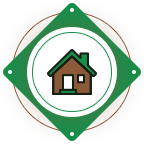
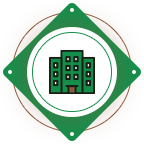
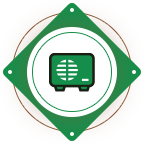

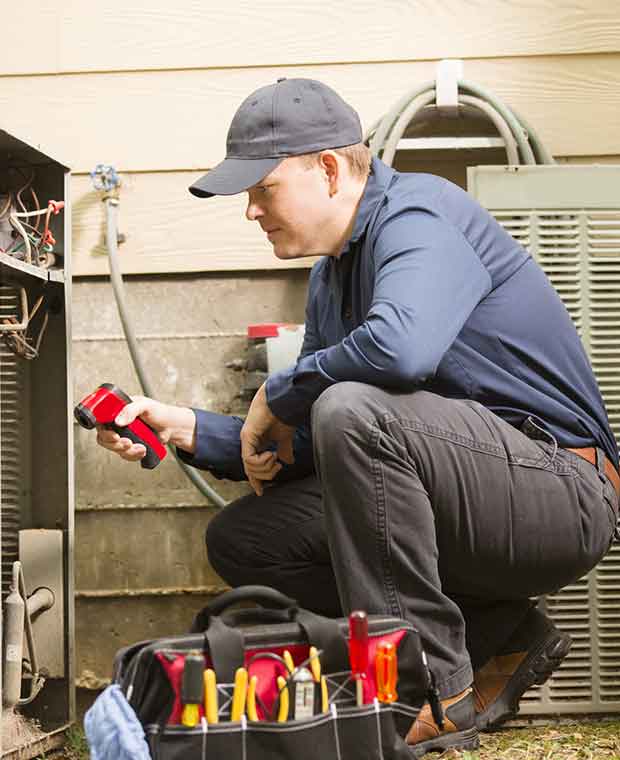
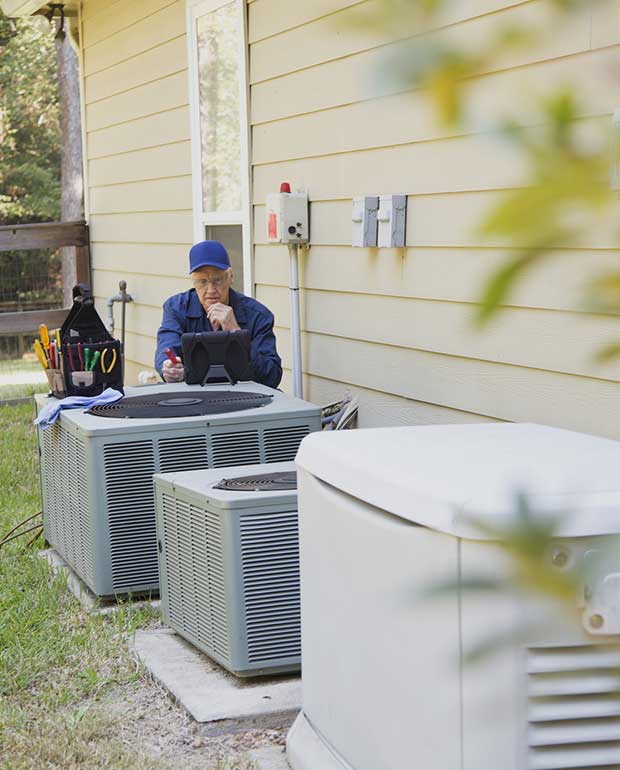


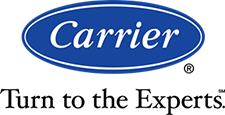


Leave a Reply